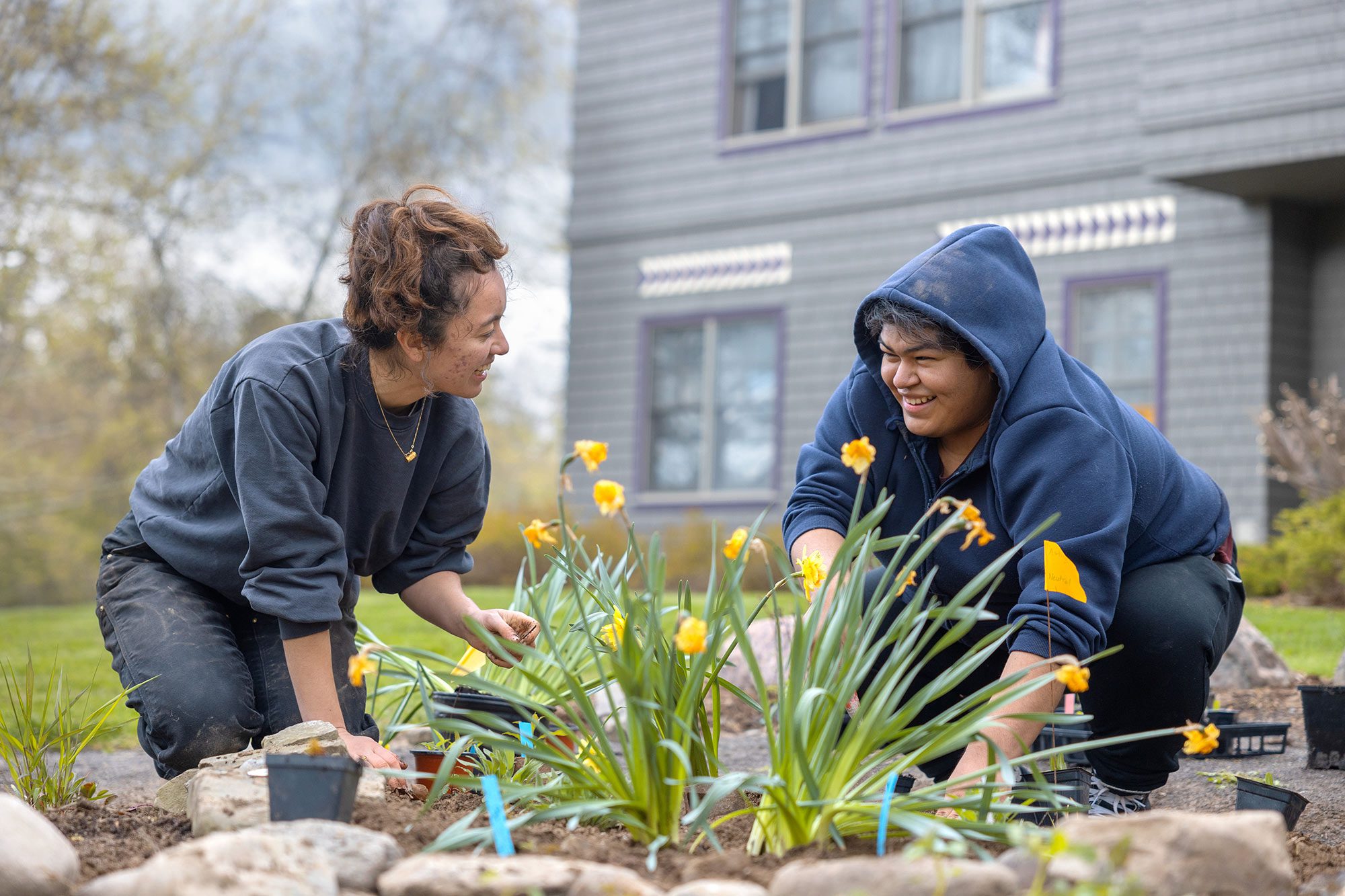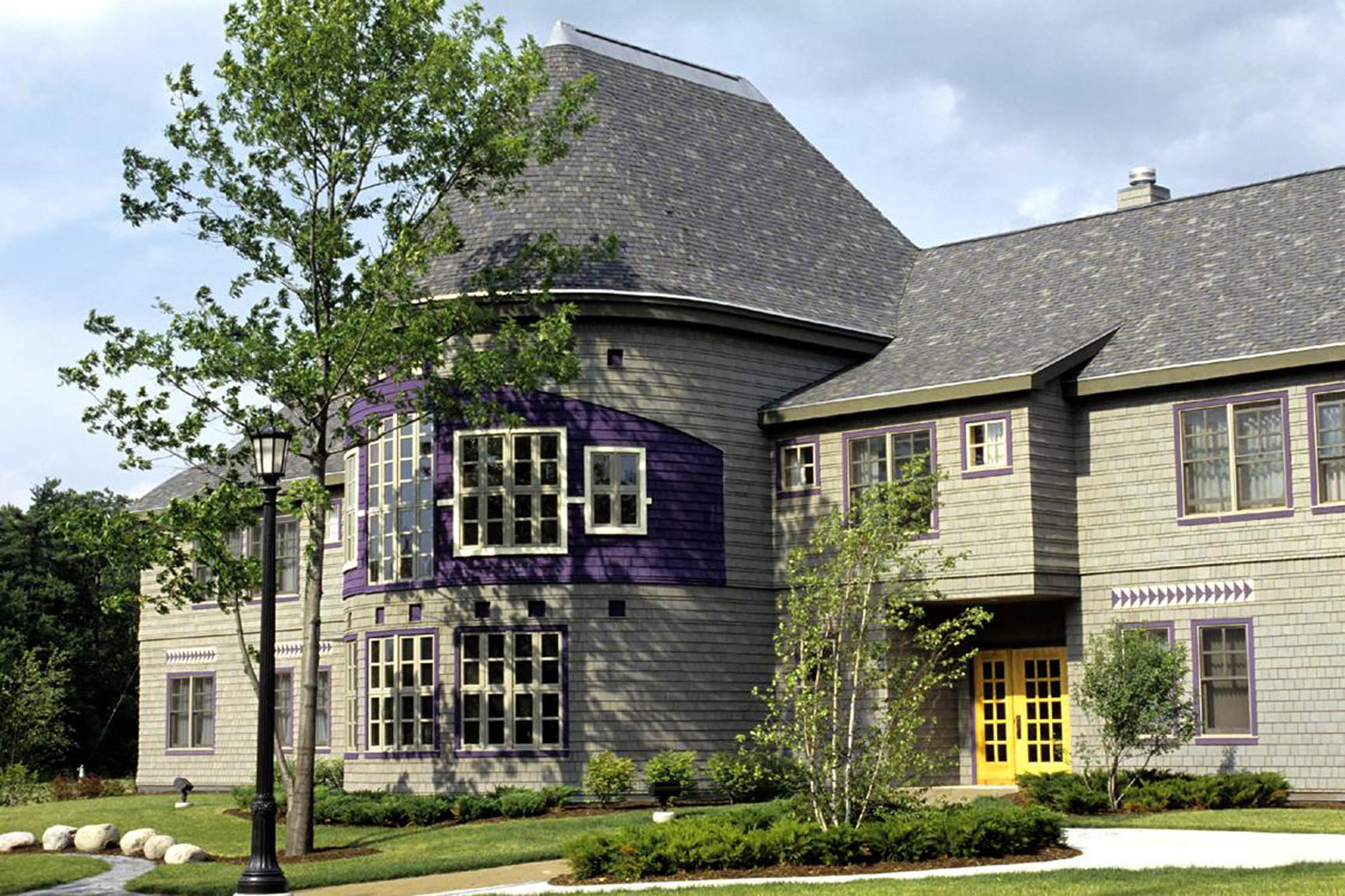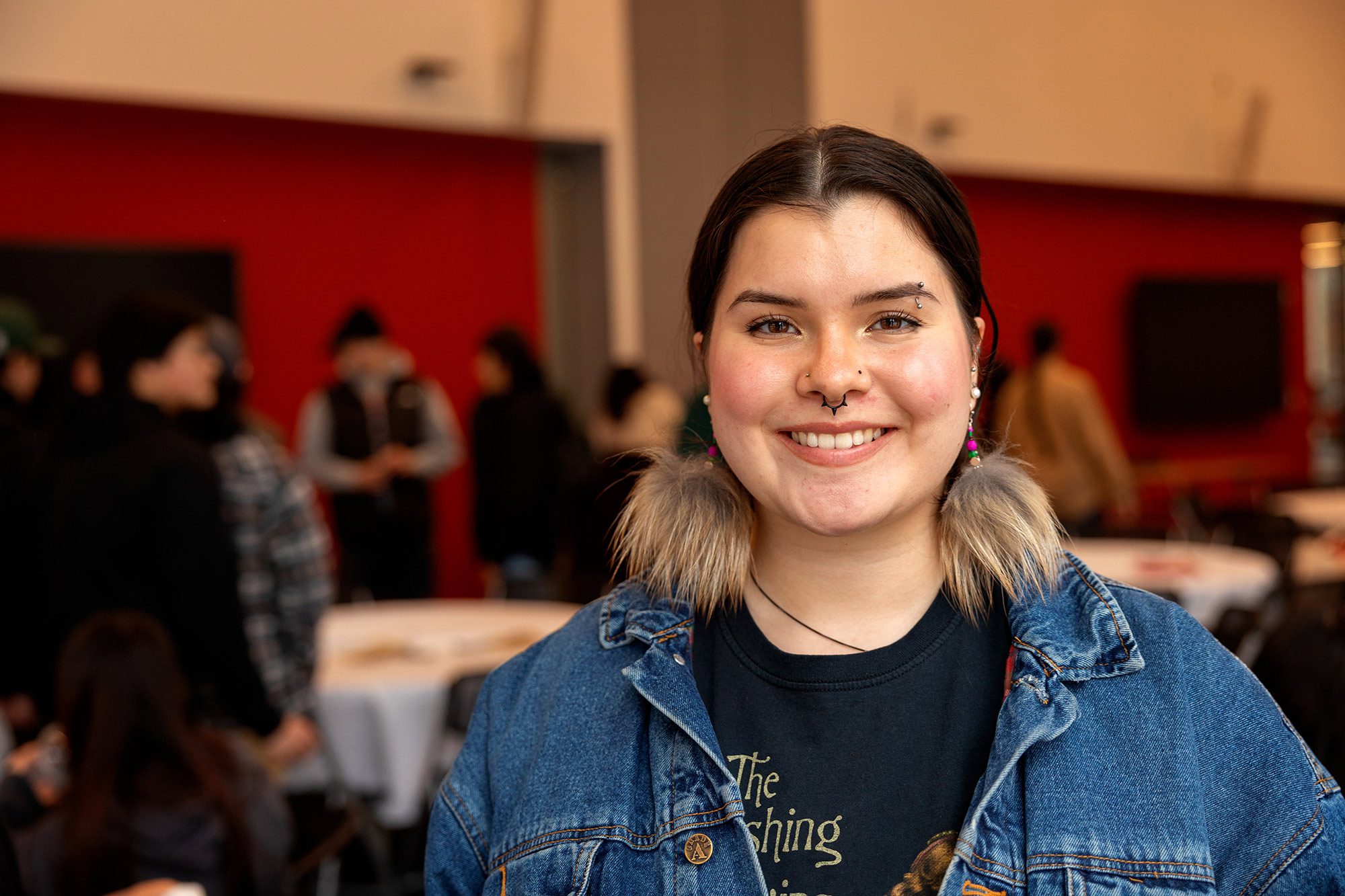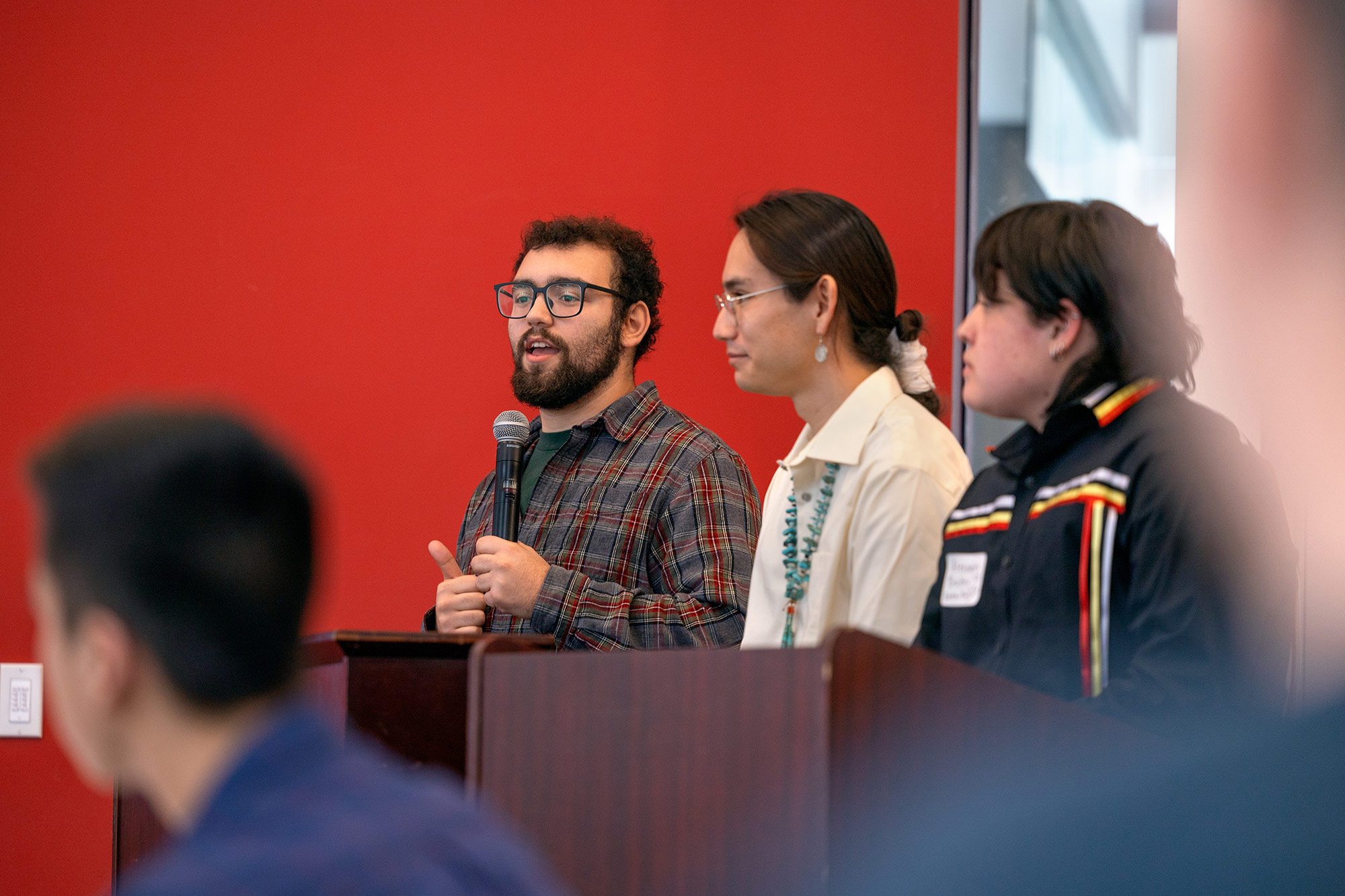Affordability
-
Tuition and Financial Aid
The cost may be one of your family’s greatest concerns about going to college. Regardless of economic circumstances, we are committed to making Cornell Engineering affordable to every student. We guarantee that any family with a total income of less than $60,000 and total assets of less than $100,000 (including primary home equity) will have no parent contribution and no loans.
American Indian and Indigenous Studies Program
The American Indian and Indigenous Studies Program (AIISP) provides Indigenous students with a supportive family-like community. AIISP champions your success through a robust combination of community-building, Indigenous spaces on campus, scholarly work and coursework including an AIIS minor, and leadership development.
-
![Two female students planting daffodils in front of a house and smiling]()
Full-Circle Approach
AIISP takes a full-circle approach to education, believing and investing in the recruitment, retention and reintroduction of our students into their respective communities.
-
![Large house on a sunny day, with greenery outside]()
Akwe:kon
Akwe:kon is the nation’s first residential program house founded to celebrate North American Indigenous cultures. In conjuction with AIISP, Akwe:kon sponsors programs featuring art, dances, film screenings, lectures, music, traditional foods, workshops and much more.
-
![Female student smiling during an event indoors]()
Enrichment Funding
You will find a host of resources, including a full-time student support staff, enrichment funding, free tutoring, and distinctive events and programming.
-
![Male student speaking at event in a group of 3 in front of a red wall]()
Minor in American Indian and Indigenous Studies (AIIS)
Explore the histories and contemporary situations of Indigenous communities globally. Our faculty teach AIIS courses in various topics, including art, anthropology, education, law, linguistics, and more. The AIIS minor is available to all Cornell undergraduates.
Resources
-
American Indian Science & Engineering Society
The American Indian Science & Engineering Society provides students with numerous ways to develop professionally by offering scholarships, mentorship, internships and more. Additionally, students have the opportunity to attend the AISES national conference every year, which provides excellent opportunities for students to network with other Native students from across the country and to develop rewarding relationships with professionals in the STEM field.
-
Native American and Indigenous Students at Cornell
Native American and Indigenous Students at Cornell is the Native and Indigenous undergraduate student voice on campus. NAISAC provides a forum for students to discuss issues that concern them as Indigenous peoples. This student organization promotes awareness of Native cultures and issues on campus and in Indigenous communities across Indian Country. Native and Indigenous students at Cornell are invited to join the many NAISAC activities throughout the yea
-
Office of Inclusive Excellence
The dynamic programming of Office of Inclusive Excellence serves our student body in tutoring, mentoring, inclusive community building, networking events, and leadership training.
-
Office of Academic Diversity Initiatives
The professional advisors of the Office of Academic Diversity Initiatives provide a welcoming space and a guidance particularly for students who identify as first in their families to attend college and low income.
In the News
-
Climate Change Adaptation Requires Indigenous Knowledge
Bringing together Indigenous and rural communities and scholars from across the globe, Environmental and Indigenous Studies Professor Karim-Aly Kassam shows that navigating climate change requires radically re-envisioning the ways in which we create knowledge.
-
With Research and Data, Professor Empowers Indigenous Communities
Michael Charles, a citizen of the Navajo Nation and assistant professor at Cornell, is using computational modeling to empower Indigenous communities with data for advocacy and self-governance. His work bridges research and advocacy, addressing complex challenges like climate change and pollution to support Indigenous self-determination.
Employee Spotlight
-
Wahieñhawi “Hawi” Hall
As Cornell Health’s Community Liaison for Indigenous Students, Wahieñhawi “Hawi” Hall (Cherokee/Mohawk) works to instill hope, healing and health in the Cornell community, particularly among the Indigenous student population. Hall develops programming for Indigenous students on campus. She co-facilitates a therapy group for Indigenous students and a Talking Circle — a traditional Indigenous communication practice. Born on the Onondaga Nation, Hall grew up immersed in the values and beliefs of her Onkwehoñhwe culture, which she regards as an important part of her work.
Land Acknowledgment for Cornell University’s Ithaca Campus
Cornell University is located on the traditional homelands of the Gayogo̱hó:nǫ’ (the Cayuga Nation). The Gayogo̱hó:nǫ’ are members of the Haudenosaunee Confederacy, an alliance of six sovereign Nations with a historic and contemporary presence on this land. The Confederacy precedes the establishment of Cornell University, New York state, and the United States of America. We acknowledge the painful history of Gayogo̱hó:nǫ’ dispossession, and honor the ongoing connection of Gayogo̱hó:nǫ’ people, past and present, to these lands and waters.
This land acknowledgment has been reviewed and approved by the traditional Gayogo̱hó:nǫ’ leadership.
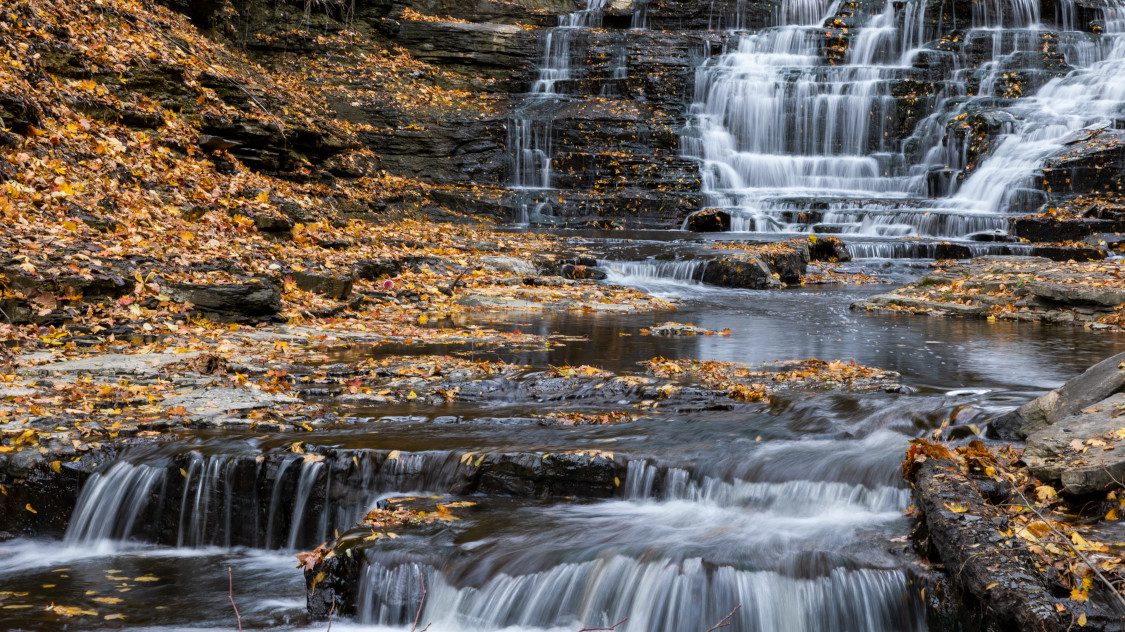
Have Questions? Need Guidance?
Do you or your family have questions about Cornell Engineering or whether it is the right fit for you? Get in touch with our admissions staff anytime. We are here to help you with the admissions process
-
Email
-
Call
607-255-1289
